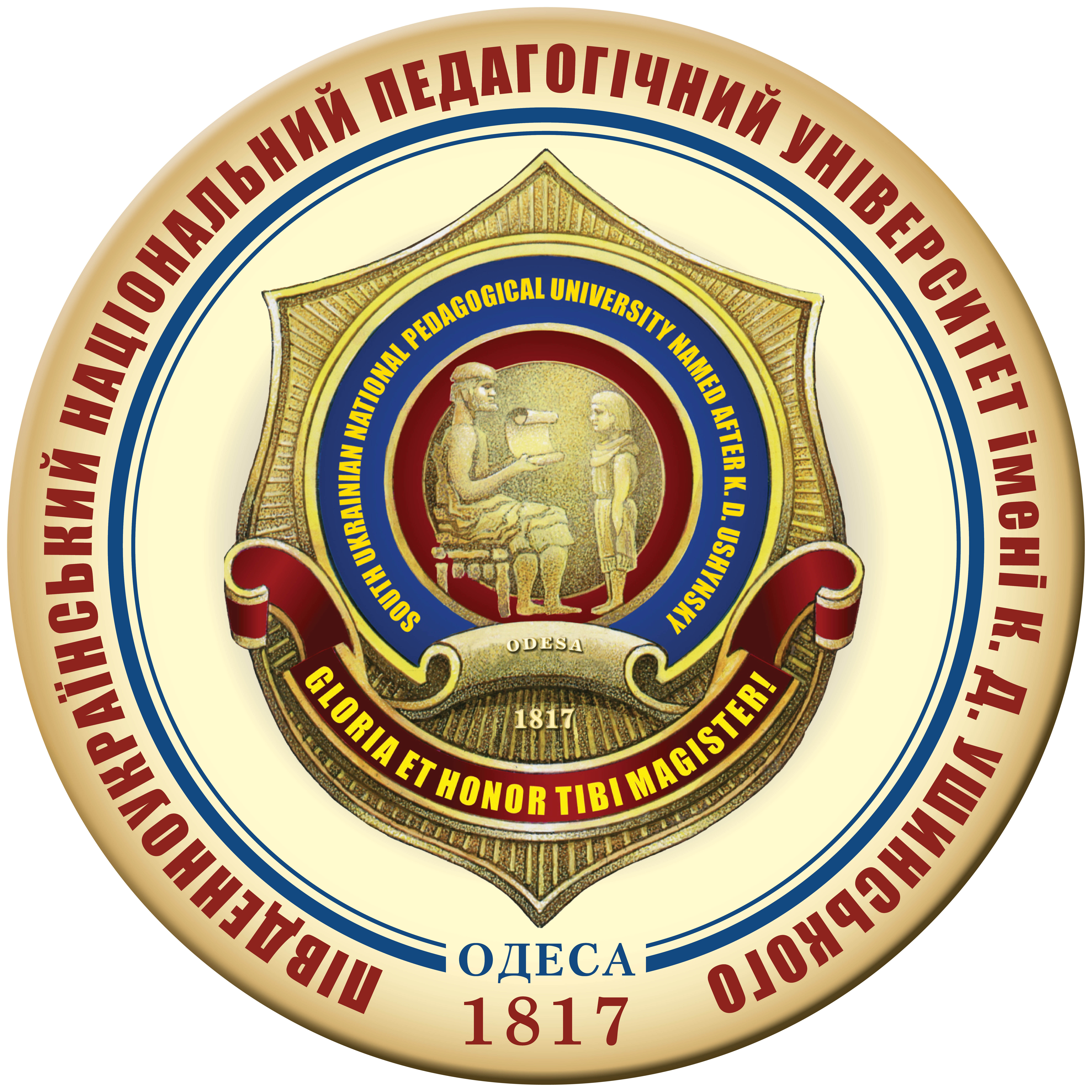MODERN PARADIGM OF MANAGEMENT IN THE SPHERE OF PHYSICAL CULTURE AND SPORTS
DOI:
https://doi.org/10.24195/olympicus/2024-2.4Keywords:
problems, prospects, efficiency, potential, resources, physical education and sports organizations.Abstract
Relevance of the problem. The theory and practice of physical culture and sports confirm the historical mission of management in the process of sustainable development of the sphere of physical culture and sports. A systematic analysis of the problems of managing the sphere of physical culture and sports indicates the need for eco-social harmony of the system. Modern challenges of society are polarization and instability, overcoming which should be guided by the modern management paradigm. The purpose of the study is to substantiate the modern paradigm for managing the sphere of physical culture and sports in the context of challenges, problems and prospects. Research methods: analysis of special scientific and methodological literature, methods of reconstruction, apperception, systemic-functional and conceptual, abstraction, analysis and synthesis. Research results. For the establishment of a new paradigm for managing the sphere of physical culture and sports, there are optimal scientific prerequisites: a systematic study of the current state of conditions for active physical education and sports for each person in accordance with his needs, interests and abilities; development of innovative approaches to management optimization; effective identification and use of human potential (specialists, athletes, healthy nation); analysis of the concept of monitoring the management of the sphere of physical culture and sports and technologies for increasing the efficiency of physical culture and sports organizations. Sustainable development of the sphere of physical culture and sports should contribute to the harmonious development of society, on the basis of self-government and selfdevelopment, as a separate physical culture and sports organization, the system as a whole, as well as the individual. The new practice of personal development occurs through local communities, through personal initiative, access to modern knowledge and the satisfaction of human needs. This approach can be implemented in conditions of decentralization of management using modern information technologies and the use of local resources. The strategy for regional management of the sphere of physical culture and sports is based on the socio-economic content of local government bodies, taking into account material, technical, financial, information, organizational and human resources; as well as the use of information and analytical systems, comprehensive targeted programs, modern legal norms, thanks to the accelerated formation of an innovative management culture at all levels. The modern paradigm of managing the sphere of physical culture and sports is based on scientific and methodological principles, in the context of social and economic aspects: functional purpose; resource provision; innovativeness of management; adaptation to changing environmental influences; hierarchy; systematic implementation of the activities of physical culture and sports organizations; quality performance; strategic focus; synergistic effect.
References
Дутчак М., Путятіна Г. Інституційні особливості системи зайнятості у сфері спорту в Європейському Союзі. Теорія і методика фізичного виховання і спорту. 2022. Вип. 4. С. 63–71. https://doi.org/ 10.32652.
Жданова О., Чеховська Л. Основи управління сферою фізичної культури і спорту : навчальний посібник. Львів : ЛДУФК, 2017. 244 с.
Імас Є., Мічуда Ю. Тенденції розвитку сфери фізичної культури та спорту в умовах сучасного ринку. Теорія і методика фізичного виховання і спорту. 2015. Вип. 2. С. 142–149.
Кольчак В.А. Сучасний стан сфери фізичної культури і спорту в Україні. Університет Ушинського. OLYMPICUS. 2023. № 1. С. 30–36. https://doi.org/10.24195/olympicus/2023-1-6.
Криштанович С., Холявка В. Менеджмент і маркетинг у фізичній культурі і спорті : навч. посіб. Львів : ЛДУФК, 2018. 176 с.
Леонов Я.В. Соціально-ринкові умови розвитку спортивної індустрії в Україні. Соціально-економічні проблеми сучасного періоду України : зб. наук. праць. 2020. Вип. 6 (146). С. 108–113. URL: http://ird.gov.ua/sep/doi/ sep2020.06.113 (дата звернення: 12.04.2024).
Мазур В.С. Нові підходи і форми менеджменту, як особливого типу управління. Пріоритети економічного розвитку України: історія та сьогодення. Вінниця, 2016. С. 178–183.
Мічуда Ю.П., Харчук Т.В., Ратніков Д.Г. Нормативно-правове забезпечення фінансування розвитку фізичної культури та спорту в Україні. Стратегічне управління розвитком фізичної культури і спорту : збірник наукових праць. Харків : ХДАФК, 2023. С. 177–183.
Нікулін А.В., Передерій А.В., Бріскін Ю.А. Характеристика інноваційних програм реформування сфери фізичної культури і спорту (на прикладі Львівської територіальної громади). Університет Ушинського, OLYMPICUS. 2024. № 1. С. 125–133. https://doi.org/10.24195/
olympicus/2024-1.18.
Про затвердження Стратегії розвитку фізичної культури і спорту на період до 2028 р. : постанова Кабінету Міністрів України від 4 листопада 2020 р. № 1089. URL: https://zakon.rada.gov.ua/laws/show/1089-2020 (дата звернення: 15.04.2024).
Про фізичну культуру і спорт : Закон України № 3808–XII. URL: https://zakon.rada.gov.ua/laws/show/3808-12#Text (дата звернення: 23.11.2023).
Синиченко А. Сучасна парадигма менеджменту організацій в умовах трансформаційних перебудов. Економіка та суспільство. 2022. № (46). https://doi.org/10.32782/2524-0072/2022-46-65.
Цьось А. Відновлення сфери фізичної культури і спорту сільських територіальних громад на основі використання стандартів управління якістю послуг. Спортивний вісник Придніпров’я. Науково-практичний журнал. 2023. № 1. С. 165–176. https:// doi:10.32540/2071-1476-2023-1-165.
Щокін Р.Г., Беленюк Ж.В. Сучасні тенденції діджиталізації публічного управління у сфері фізичної культури та спорту. Public management. 2022. № 3 (31). С. 102–109.
Beth A. Cianfrone. Brand Management and Social Media. International Journal of Sport Communication. 2023. Volume 16. Issue 3. https://doi.org/10.1123/ijsc.2023-01-54.








